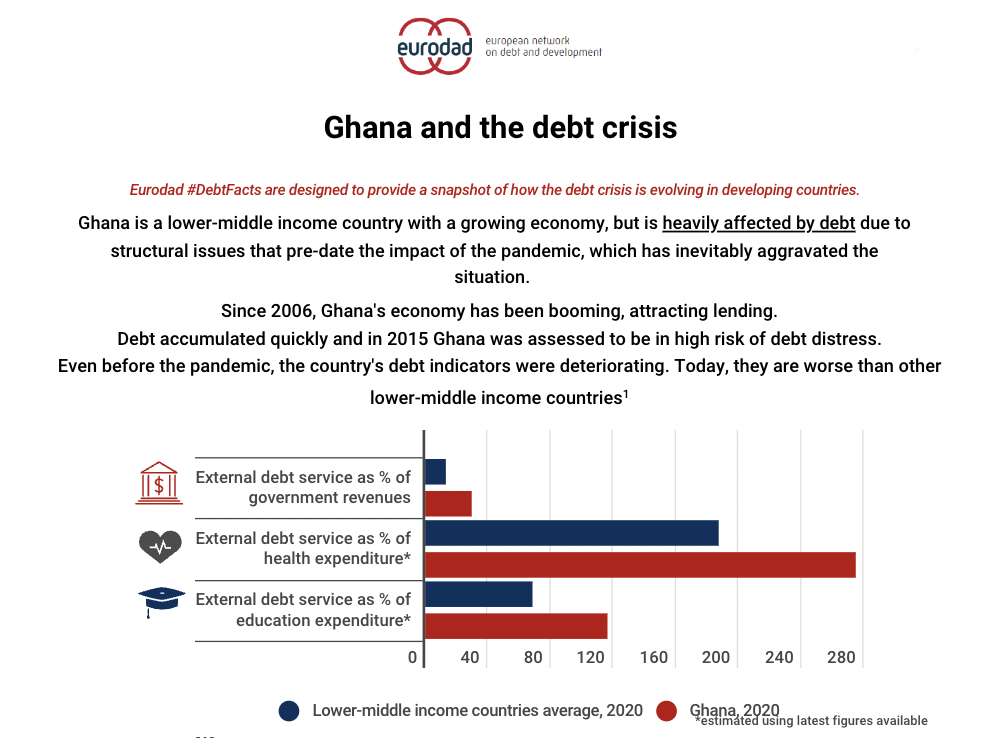Since the early 1990s, the western world and Latin America have been implementing policies that minimize the role of the State in the economy. These policies are fiscal rules that condition the actions of the State in economic policy through rigid legal frameworks. Certainly, in the long term they have been successful in managing debt since their inception. However, these policies have not been the recipe for a broad guarantee of rights and better human development.
“Debt management in Peru: fiscal rules, rights and human rights”, is a new investigation from the Latin American Network for Economic and Social Justice (LATINDADD), produced by Jameson Alejandro Mencías, which seeks to open the door to a different understanding of macroeconomic, fiscal and debt sustainability, focusing on guaranteeing people’s rights.

